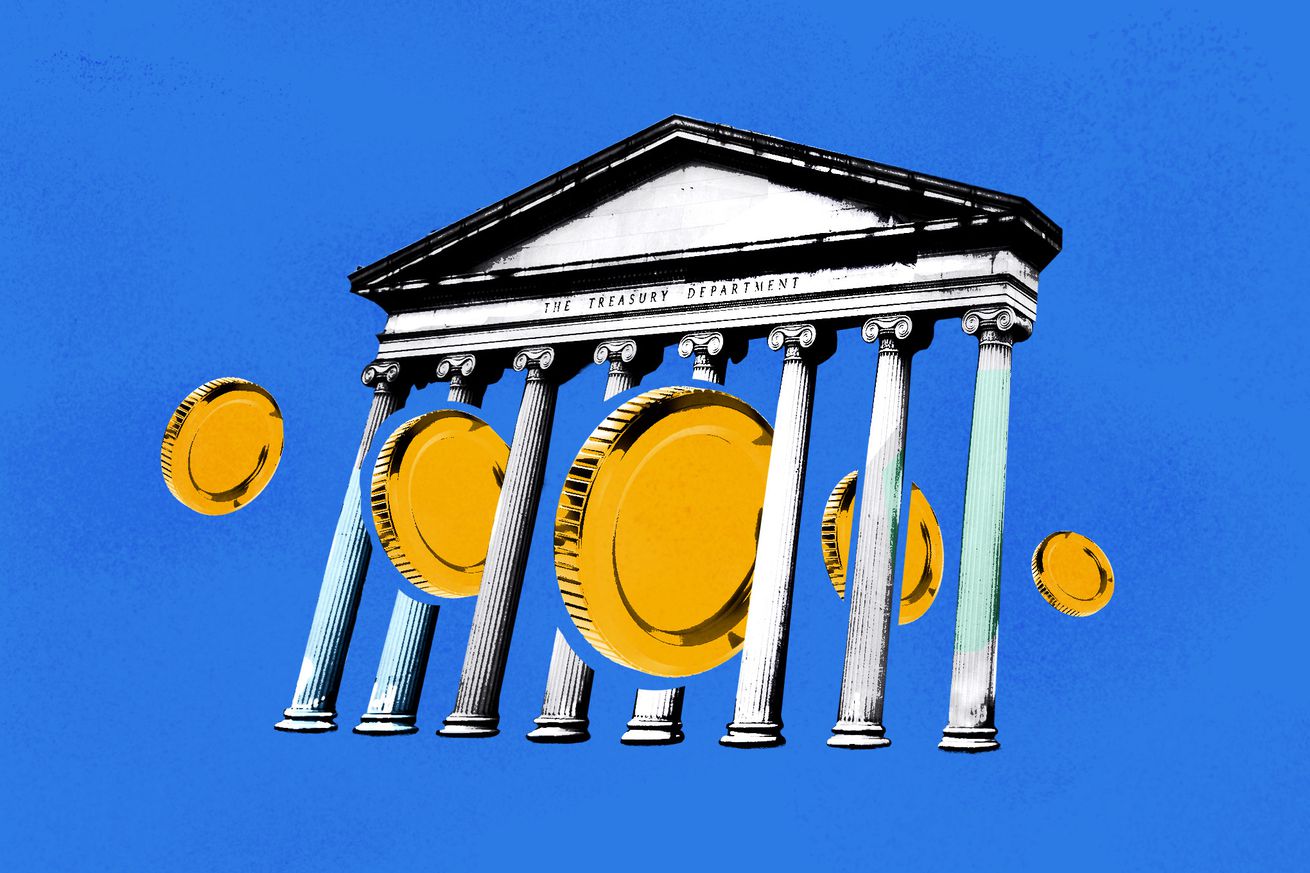
Ripple’s XRP token was an investment contract when the company sold it to institutional investors, a judge ruled today. The case, brought by the Securities and Exchange Commission, is one of the biggest in determining whether tokens are securities. Though this is an intermediate ruling in a larger case, it’s still significant.
In the ruling, Judge Analisa Torres found that Ripple’s $728.9 million sales of XRP to institutional investors — hedge funds, etc. — were unregistered securities offerings. However, the programmatic sales and those by Ripple’s CEOs weren’t. The case will go to a jury trial to decide other claims.
In the suit, the SEC alleged that Ripple didn’t provide investors with the proper information needed for assessing the risks of their investment. In making that determination, Torres cited the Howey test, which comes from a 1946 Supreme Court case and holds that securities are “an investment in a common enterprise with the expectation of profit solely through the efforts of others.” It has proved somewhat vexatious to parts of the crypto community, who say that it is outdated.
There are long-standing questions about whether cryptocurrencies are actually securities. XRP investors seem to view this ruling as positive since the price of the token surged almost 30 percent in response. That’s because sales of the token on exchanges aren’t considered unregistered securities offerings.
In court filings, Ripple had suggested an interpretation of the Howey test that required “essential ingredients.” In this interpretation, a security required a contract that established an investor’s rights, post-sale obligations on the promoter of the investment, and a right to share in profits. Torres didn’t accept this interpretation, “which would call for the Court to read beyond the plain words of Howey and impose additional requirements not mandated by the Supreme Court,” she wrote. “The Court sees no reason to do so.”
Torres goes on to note that no cases have previously advanced this idea, and further, in “the more than seventy-five years of securities law jurisprudence after Howey, courts have found the existence of an investment contract even in the absence of Defendants’ ‘essential ingredients.’”
The programmatic sales — which occurred on exchanges — were more similar to secondary trading than to the initial offering, Torres wrote. “An Institutional Buyer knowingly purchased XRP directly from Ripple pursuant to a contract, but the economic reality is that a Programmatic Buyer stood in the same shoes as a secondary market purchaser who did not know to whom or what it was paying its money,” she wrote.
You can read the full filing here: